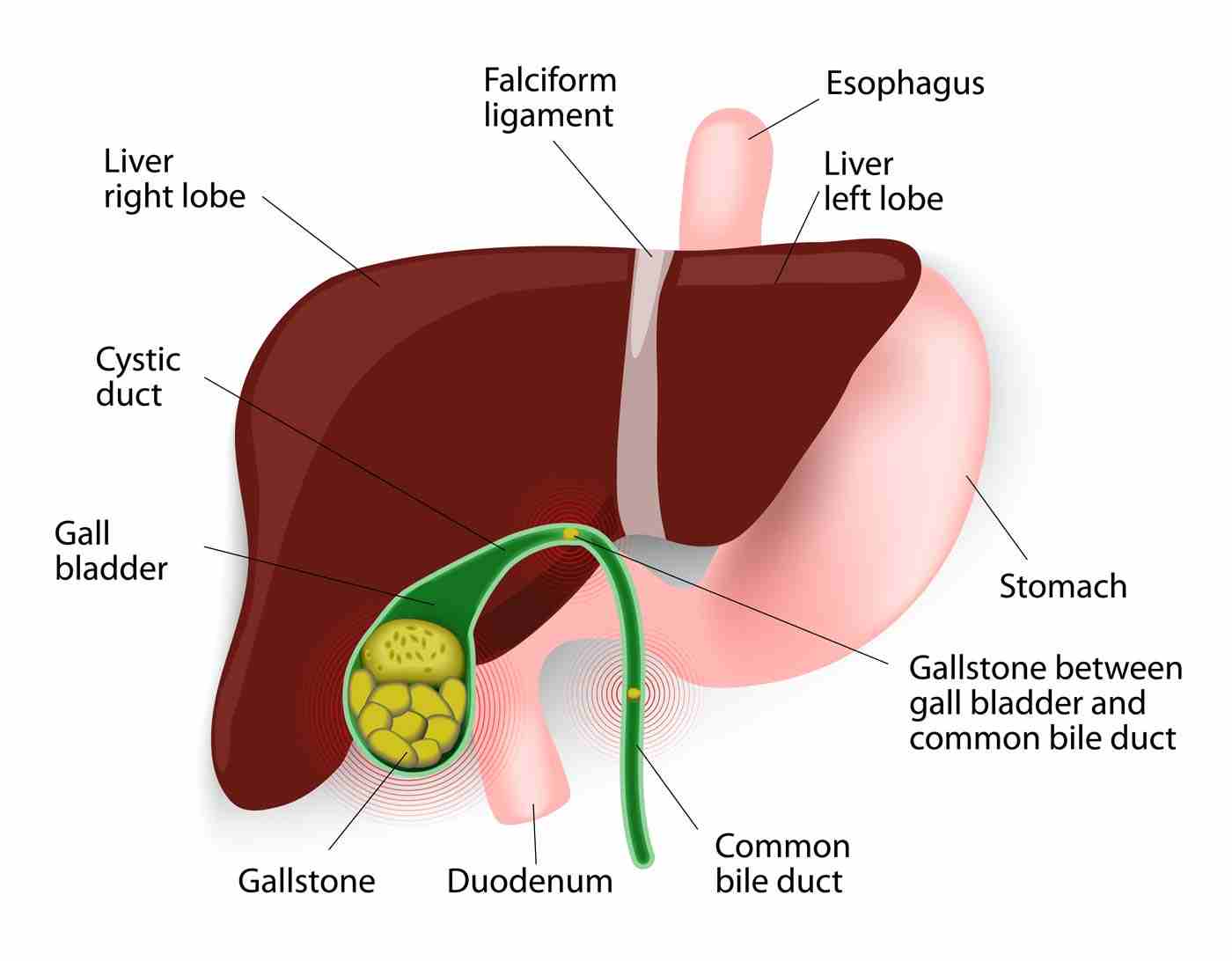Gallbladder stone
Gallbladder stones, also known as gallstones, are crystalline particles that form in the gallbladder, a small organ responsible for storing bile produced by the liver. Gallstones can vary in size and composition, and their presence may or may not cause symptoms. There are two main types of gallstones:
Gallbladder stones, also known as gallstones, are crystalline particles that form in the gallbladder, a small organ responsible for storing bile produced by the liver. Gallstones can vary in size and composition, and their presence may or may not cause symptoms. There are two main types of gallstones:
- Cholesterol Stones: These are the most common type of gallstones and are primarily composed of cholesterol. High levels of cholesterol or inadequate bile salts can lead to the formation of cholesterol stones.
- Pigment Stones: These stones are formed when there is an excess of bilirubin in the bile. Conditions such as cirrhosis or blood disorders can contribute to the development of pigment stones.
Symptoms of Gallbladder Stones:
- Abdominal Pain: The hallmark symptom, typically occurring in the upper right abdomen or the center of the abdomen. Pain may be sharp and severe, often following meals.
- Nausea and Vomiting: Gallstones can lead to nausea and, in some cases, vomiting.
- Jaundice: If a gallstone obstructs the bile duct, it can result in jaundice, characterized by yellowing of the skin and eyes.
- Fever and Chills: Infection or inflammation of the gallbladder may cause fever and chills.
- Changes in Bowel Movements: Gallstones can impact digestion, leading to changes in stool color, such as pale or clay-colored stools.
While some people with gallstones remain asymptomatic, those experiencing symptoms should seek medical attention. Diagnosis often involves imaging tests, such as ultrasound or CT scans. Treatment options may include lifestyle modifications, medications to dissolve stones, or surgical removal of the gallbladder (cholecystectomy), which is a common and generally safe procedure. A healthcare professional can provide an accurate diagnosis and guide individuals toward the most appropriate treatment based on the type and severity of their gallstones.

